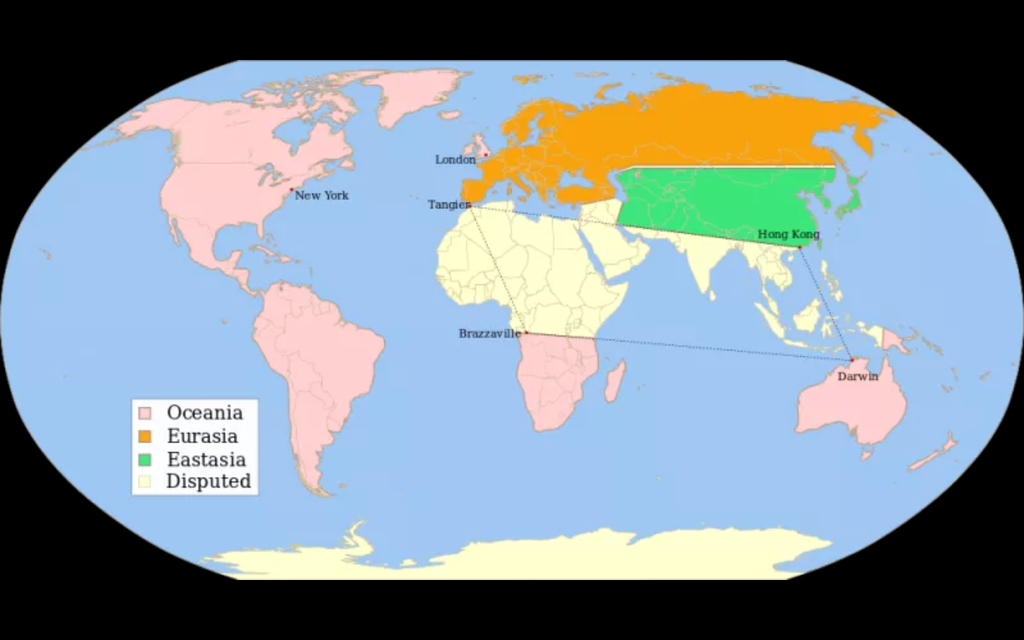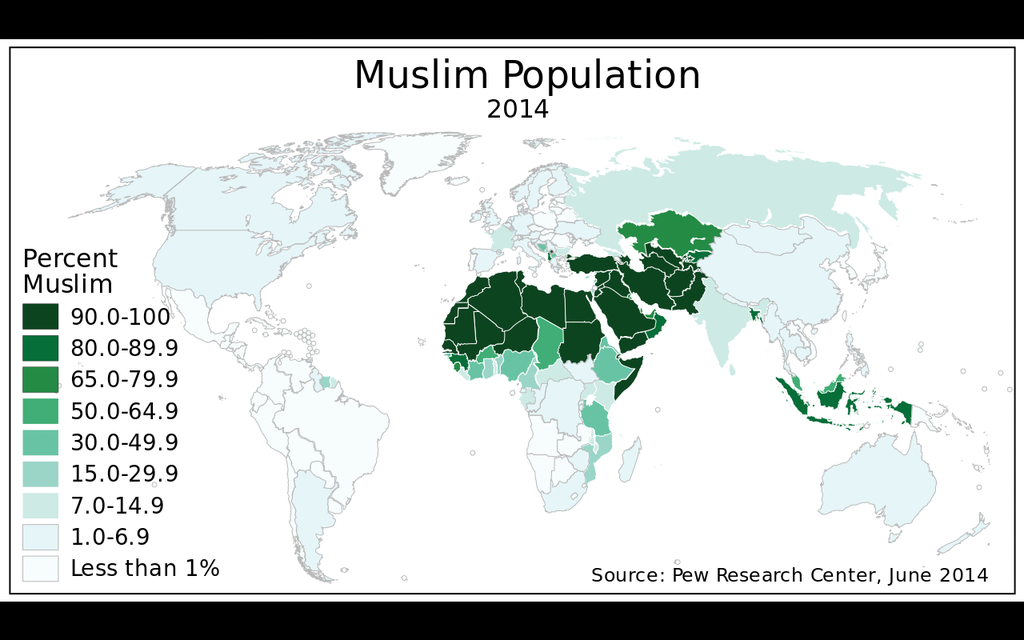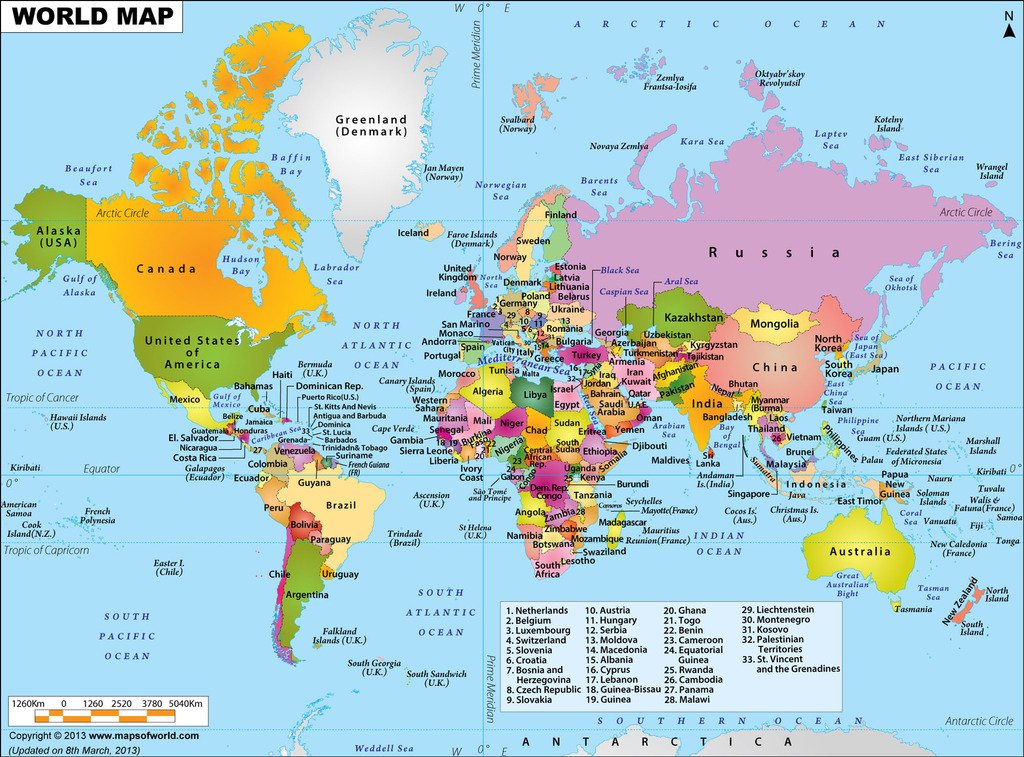Abz2000
Abz Iz Back!!!
- Messages
- 5,358
- Reaction score
- 589
- Gender
- Male
- Religion
- Islam
Again, more conspiracy theories.
The UK does NOT intentionally target innocent civilians. When it fights idiots like ISIS, it is aiming at the ISIS terrorists. But ISIS terrorists are cowards and force civilians to stay put or they threaten to murder the local population, so the local population in some cities and villages in Syria become hostages to ISIS and are purposefully forced to stay in war zones so that ISIS can then make armies that try to drive them out look bad. This is a well-known terrorist tactic. Note that I am not for foreign intervention in the Middle East because even though I think Western countries believe that they are helping, they are clearly not... in fact, they end up making things worse because of their poor understanding of what's going on on the grounds. They should stay at home and let the people in the Middle East resolve their conflicts on their own.
On the reverse, ISIS intentionally targets innocent civilians. Aside from the horrible murders ISIS commits, it also slanders Islam.
As for the incident with Madeleine Albright, I looked it up. It happened in 1996, and Albright was defending UN sanctions against Iraq. The journalist asked a trap yes/no question: "We have heard that half a million children have died. I mean, that's more children than died in Hiroshima. And, you know, is the price worth it?" Albright answered the question very poorly by saying "yes", as typical US politicians tend to do. But to imply that the half a million children died as a direct result of America's actions is simply not true. As for where that journalist got that half a million figure from is quite questionable. All deaths occurring in Iraq after the 1991 sanctions were passed were being blamed on the sanctions at the time. Either way, this is an old incident from the post-Gulf war era. This article here helps explain another anti-American "myth" of US being "evil": http://reason.com/archives/2002/03/01/the-politics-of-dead-children Please read.
Let's not get everything confused with more conspiracy theories.
Thank you.
Maybe you're referring to britain's installed regional ally Mossad - the
Israeli Secret Intelligence Service
Since your descriptions fit them well.
The manchester incident hasn't been tried in court or had a completed investigation - yet, your secularist politicians and their puppet media are already drawing conclusions and pointing the finger and accusing people of being bombers - including Conspiracy theories and lone wolf theories. Whereas re. 9/11 everybody knows that the biggest conspiracy theory is the story of a conspiracy fed to the public by the bush administration - with some of those accused of blowing themselves up with their wills on board -being found alive in their home countries..
I had thought that the following article would be something I'd quickly scan through due to it's length, but upon reading the first part - have decided to save it as an essential read - it addresses most of your errr..refutations in the quoted post.
https://www.theguardian.com/theguardian/2000/mar/04/weekend7.weekend9
Saturday 4 March 2000
.....
.
An excerpt: (though the whole article is a riveting read).
....The next day, I saw a similar line of women and children, and fathers and children, in the cancer ward at the Al Mansour children's hospital. It is not unlike St Thomas's in London. Drugs arrived, they said, but intermittently, so that children with leukaemia, who can be saved with a full course of three anti-biotics, pass a point beyond which they cannot be saved, because one is missing. Children with meningitis can also survive with the precise dosage of antibiotics; here they die. "Four milligrams save a life," said Dr Mohamed Mahmud, "but so often we are allowed no more than one milligram." This is a teaching hospital, yet children die because there are no blood-collecting bags and no machines that separate blood platelets: basic equipment in any British hospital. Replacements and spare parts have been "on hold" in New York, together with incubators, X-ray machines, and heart and lung machines.
I sat in a clinic as doctors received parents and their children, some of them dying. After every other examination, Dr Lekaa Fasseh Ozeer, the oncologist, wrote in English: "No drugs available." I asked her to jot down in my notebook a list of the drugs the hospital had ordered, but rarely saw. In London, I showed this to Professor Karol Sikora who, as chief of the cancer programme of the World Health Organisation (WHO), wrote in the British Medical Journal last year: "Requested radiotherapy equipment, chemotherapy drugs and analgesics are consistently blocked by United States and British advisers [to the Sanctions Committee in New York]. There seems to be a rather ludicrous notion that such agents could be converted into chemical or other weapons."
He told me, "Nearly all these drugs are available in every British hospital. They're very standard. When I came back from Iraq last year, with a group of experts I drew up a list of 17 drugs that are deemed essential for cancer treatment. We informed the UN that there was no possibility of converting these drugs into chemical warfare agents. We heard nothing more. The saddest thing I saw in Iraq was children dying because there was no chemotherapy and no pain control. It seemed crazy they couldn't have morphine, because for everybody with cancer pain, it is the best drug. When I was there, they had a little bottle of aspirin pills to go round 200 patients in pain. They would receive a particular anti-cancer drug, but then get only little bits of drugs here and there, and so you can't have any planning. It is bizarre."
In January, last year, George Robertson, then defence secretary, said, "Saddam Hussein has in warehouses $275 million worth of medicines and medical supplies which he refuses to distribute." The British government knew this was false, because UN humanitarian officials had made clear the problem of drugs and equipment coming sporadically into Iraq - such as machines without a crucial part, IV fluids and syringes arriving separately - as well as the difficulties of transport and the need for a substantial buffer stock. "The goods that come into this country are distributed to where they belong," said Hans von Sponeck. "Our most recent stock analysis shows that 88.8% of all humanitarian supplies have been distributed." The representatives of Unicef, the World Food Programme and the Food and Agricultural Organisation confirmed this. If Saddam Hussein believed he could draw an advantage from obstructing humanitarian aid, he would no doubt do so. However, according to a FAO study: "The government of Iraq introduced a public food rationing system with effect from within a month of the imposition of the embargo. It provides basic foods at 1990 prices, which means they are now virtually free. This has a life-saving nutritional benefit . . . and has prevented catastrophe for the Iraqi people.".......
........A courtly, eloquent Irishman, Denis Halliday resigned as co-ordinator of humanitarian relief to Iraq in 1998, after 34 years with the UN; he was then Assistant Secretary-General of the United Nations, one of the elite of senior officials. He had made his career in development, "attempting to help people, not harm them". His was the first public expression of an unprecedented rebellion within the UN bureaucracy. "I am resigning," he wrote, "because the policy of economic sanctions is totally bankrupt. We are in the process of destroying an entire society. It is as simple and terrifying as that . . . Five thousand children are dying every month . . . I don't want to administer a programme that results in figures like these."
When I first met Halliday, I was struck by the care with which he chose uncompromising words. "I had been instructed," he said, "to implement a policy that satisfies the definition of genocide: a deliberate policy that has effectively killed well over a million individuals, children and adults. We all know that the regime, Saddam Hussein, is not paying the price for economic sanctions; on the contrary, he has been strengthened by them. It is the little people who are losing their children or their parents for lack of untreated water. What is clear is that the Security Council is now out of control, for its actions here undermine its own Charter, and the Declaration of Human Rights and the Geneva Convention. History will slaughter those responsible."
Inside the UN, Halliday broke a long collective silence. Then on February 13 this year, Hans von Sponeck, who had succeeded him as humanitarian co-ordinator in Iraq, resigned. "How long," he asked, "should the civilian population of Iraq be exposed to such punishment for something they have never done?" Two days later, Jutta Burghardt, head of the World Food Programme in Iraq, resigned, saying privately she, too, could not tolerate what was being done to the Iraqi people. Another resignation is expected.
When I met von Sponeck in Baghdad last October, the anger building behind his measured, self-effacing exterior was evident. Like Halliday before him, his job was to administer the Oil for Food Programme, which since 1996 has allowed Iraq to sell a fraction of its oil for money that goes straight to the Security Council. Almost a third pays the UN's "expenses", reparations to Kuwait and compensation claims. Iraq then tenders on the international market for food and medical supplies and other humanitarian supplies. Every contract must be approved by the Sanctions Committee in New York. "What it comes down to," he said, "is that we can spend only $180 per person over six months. It is a pitiful picture. Whatever the arguments about Iraq, they should not be conducted on the backs of the civilian population."
Denis Halliday and I travelled to Iraq together. It was his first trip back. Washington and London make much of the influence of Iraqi propaganda when their own, unchallenged, is by far the most potent. With this in mind, I wanted an independent assessment from some of the 550 UN people, who are Iraq's lifeline. Among them, Halliday and von Sponeck are heroes. I have reported the UN at work in many countries; I have never known such dissent and anger, directed at the manipulation of the Security Council, and the corruption of what some of them still refer to as the UN "ideal".......
Madeleine Albright has said: "We do not agree that if Iraq complies with its obligations concerning weapons of mass destruction, sanctions should be lifted."........
https://www.theguardian.com/theguardian/2000/mar/04/weekend7.weekend9......
Last edited:



